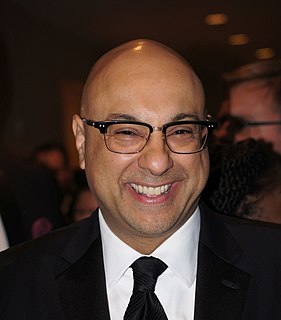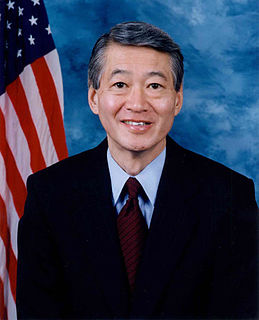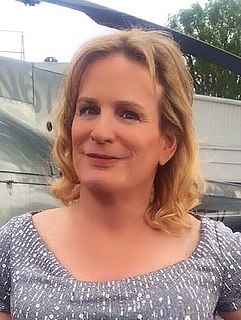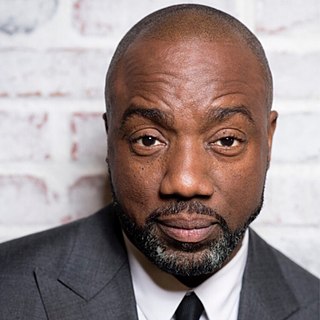A Quote by Lynsey Addario
I generally don't follow domestic news that much aside from how it relates to the stories I'm covering abroad, like what Americans think of the War in Afghanistan.
Related Quotes
I think we - "we," meaning the media - have generally caused Americans to consume news in smaller, less contextualized bites. I think we have sugar-coated the news. I think we have provided news that is consumable, at the expense of news that is more important. I think we have created a world in which extreme views push out moderate views.
After 9-11, the President had a historic opportunity to unite Americans and the world in common cause. Instead, by exploiting the politics of fear, instigating an optional war in Iraq before finishing a necessary war in Afghanistan and instituting policies on torture, detainees and domestic surveillance that fly in the face of our values and interests, President Bush divided Americans from each other and from the world.
In every major war we have fought in the 19th and 20th centuries. Americans have been asked to pay higher taxes - and nonessential programs have been cut - to support the military effort. Yet during this Iraq war, taxes have been lowered and domestic spending has climbed. In contrast to World War I, World War II, the Korean War and Vietnam, for most Americans this conflict has entailed no economic sacrifice. The only people really sacrificing for this war are the troops and their families.
One of the problems with the media covering this place is that there are stereotypes of news, one of which is "war rages" and the other is "peace dawns." And there isn't much in between. When I talk to foreign journalists, often they are gritting their teeth because they've been asked for a piece about how shops are reopening and restaurants are reopening and so forth - happy pieces. And it just ain't so.
I treat Twitter like a news feed. I follow you guys, I follow every news organization - left, right, center, and everything in between - and it's like a ticker on my phone. For me it's that you have to wade through the people who wish you were dead - and I have to respect their opinions - but it helps me stay on top of the news.
I think many times news organizations, whether it's for lack of resources or something else, cover the headlines and don't follow up, even though the story continues for the people living there - they can't leave. I think it's critical that they do these follow-up stories to realize that there is still suffering, and the need is dire.
I think that the war on drugs is domestic Vietnam. And didn't we learn from Vietnam that, at a certain point in the war, we should stop and rethink our strategy, ask ``Why are we here, what are we doing, what's succeeded, what's failed?'' And we ought to do that with the domestic Vietnam, which is the war on drugs.
I think any time you have any kind of social ill, not just domestic violence...as much as it's about the act, the obvious theme of domestic violence, Domestic Violence Awareness Month is also about how men deal with their emotions. It's not just like who gets brutalized; sometimes it's women that are abusing men, too. I think it's just an opportunity for us to look at ourselves. How do we treat each other? Why do we treat each other that way?



































